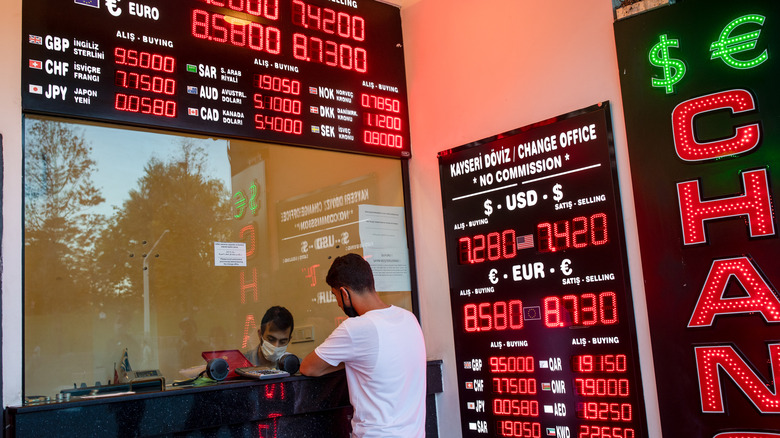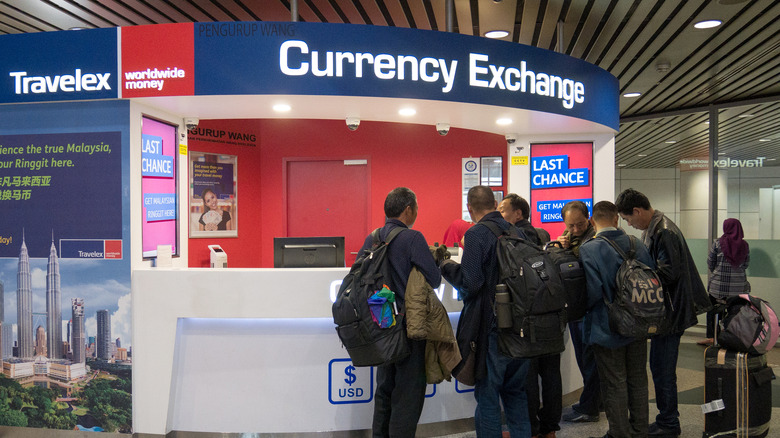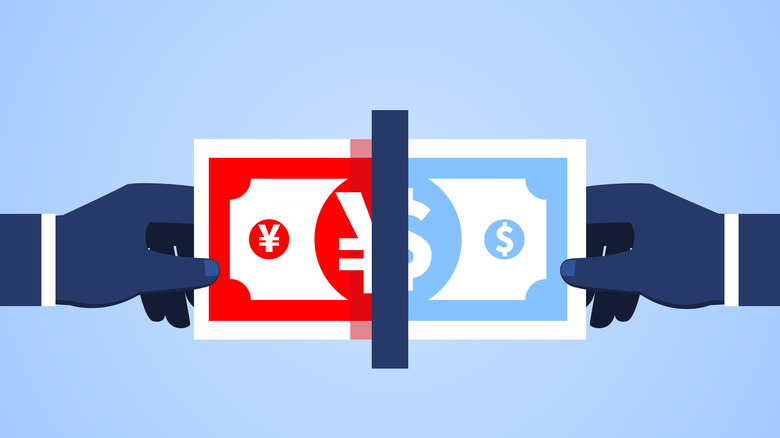Travel Guides International
Matt Berry
In the past, it was common traveling practice to exchange a bunch of cash into foreign currency before departing, carry traveler’s cheques, and take other money-straightening preparations before departing. At the time, these pre-travel tasks made sense. Traveler’s cheques provided peace of mind. If the cheques were lost or stolen, you’d be reimbursed, and you didn’t risk carrying cash around. (Also, at the time, people accepted traveler’s cheques.)
That said, you usually needed to carry cash anyway, as many merchants did not accept debit or credit cards. The widespread practice of “swiping” cards to pay for items is relatively new, and it took some regions longer to adapt to credit card machines.
So, cash remained king when traveling, but pulling cash from ATMs abroad wasn’t exactly the safest option. This led to the rise of currency exchanges — a whole industry with a business model based on bad exchange rates. And this industry definitely still exists.
But according to Nerd Wallet, there are two ways to easily avoid getting fleeced: exchanging currency at your home bank and using an ATM upon arrival at your destination. There’s also one place where you definitely do not want to exchange your currency.
ATMs offer better rates than currency exchange stores

Bloomberg/Getty Images
If you’ve ever traveled, you’ve probably seen currency exchanges. These stores are seemingly on every corner of popular markets and bazaars. They also surround popular tourist attractions. Really, currency exchange shops are located any place where vendors believe they can take advantage of tourists and their knick-knack spending.
Many consider traveling expensive, but sometimes, the culprit is simply wasteful spending. For example, you may still think that using currency exchanges is just a part of traveling. It’s typically not. Pulling from travel practices of yesteryear, this myth is exactly what currency exchange shops want you to think.
According to Investopedia, withdrawing money from an ATM or exchanging your money at a foreign bank are both better options than using a currency exchange store. However, if you withdraw money from an ATM, then use a machine in a bank. ATM kiosks and ATMs in stores are typically more expensive and more susceptible to credit card skimming scams.
Airport currency kiosks come with sky-high fees

ShutterStockStudio/Shutterstock
While currency exchange stores offer bad exchange rates, they’re still not the worst places to exchange money. According to Forbes, the absolute worst place to exchange your currency is at the airport. And it’s pretty easy to understand why. Airports really have no incentive to offer good rates.
When we say airports, we’re actually speaking about the kiosks inside the airport. Travelex, a company that specializes in foreign currency exchange, is typically the worst offender. They seemingly run the shows at airports. With no competition within airports, Travelex and similar companies can set pretty predatory rates. Again, these companies “bank” on your anxious assumption that you’ll need cash on hand before leaving the airport. You typically don’t.
However, if you feel better about having foreign cash upon arrival, simply exchange some money at your home bank or credit union. Depending on the currency, you may need to call the bank beforehand to order the currency, so plan accordingly. But remember, traveling nowadays presents plenty of modern options to save you both money and hassle.

